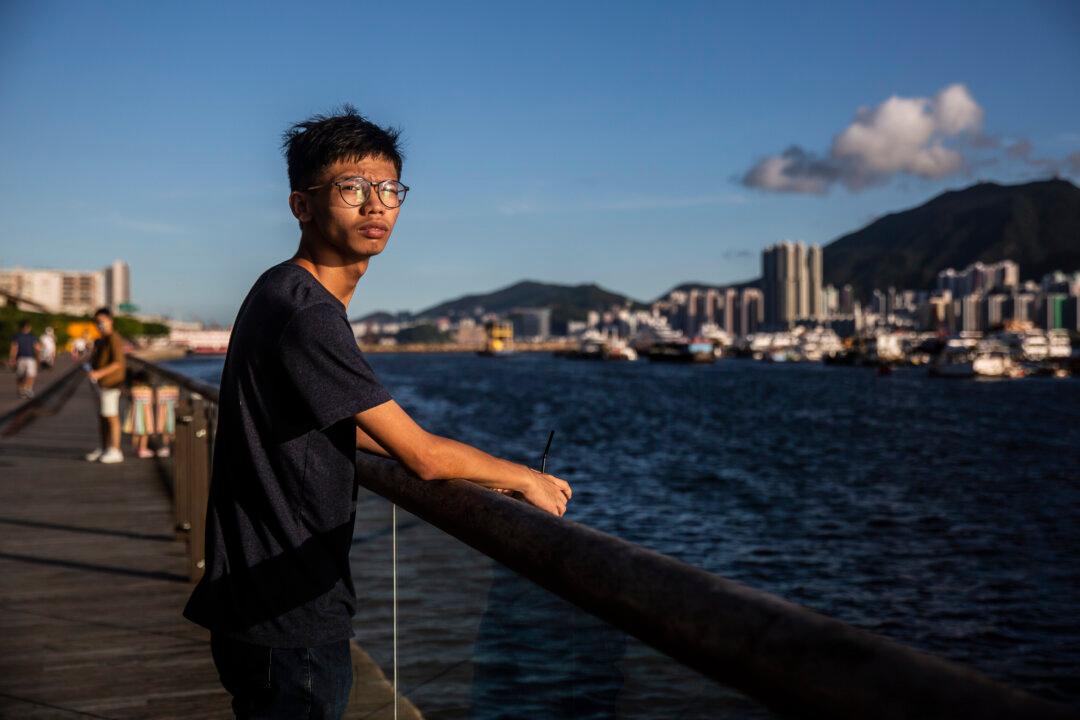A Hong Kong student activist pleaded guilty to charges of secession under the Beijing-imposed national security law, as well as a count of money laundering, at a trial on Nov. 3.
Chung, the former leader of the now-disbanded pro-independence organization Studentlocalism, faced four charges at the District Court. He pleaded not guilty to two charges—conspiracy to publish seditious materials and a count of money laundering—and pleaded guilty to two others.
“I plead guilty, and I have a clear conscience,” Chung said, after being asked about the charge of secession. The national security judge, Stanley Chan, interrupted him soon after, saying no political declarations were allowed.
Chung then pleaded guilty to another charge of money laundering relating to donations of more than HK$133,000 ($17,000) he received via PayPal.
Sentencing is set for Nov. 23.
Since the enactment of the law, Hong Kong has taken a swift authoritarian turn, with most democratic politicians now in jail or in self-exile, dozens of civil society organizations folding, and international rights groups leaving the city.
Activists and Western countries have criticized the law as eroding basic freedoms, such as those of expression and assembly, which China’s ruling communist regime promised would last for 50 years when the former British colony was handed over to Beijing in 1997.




